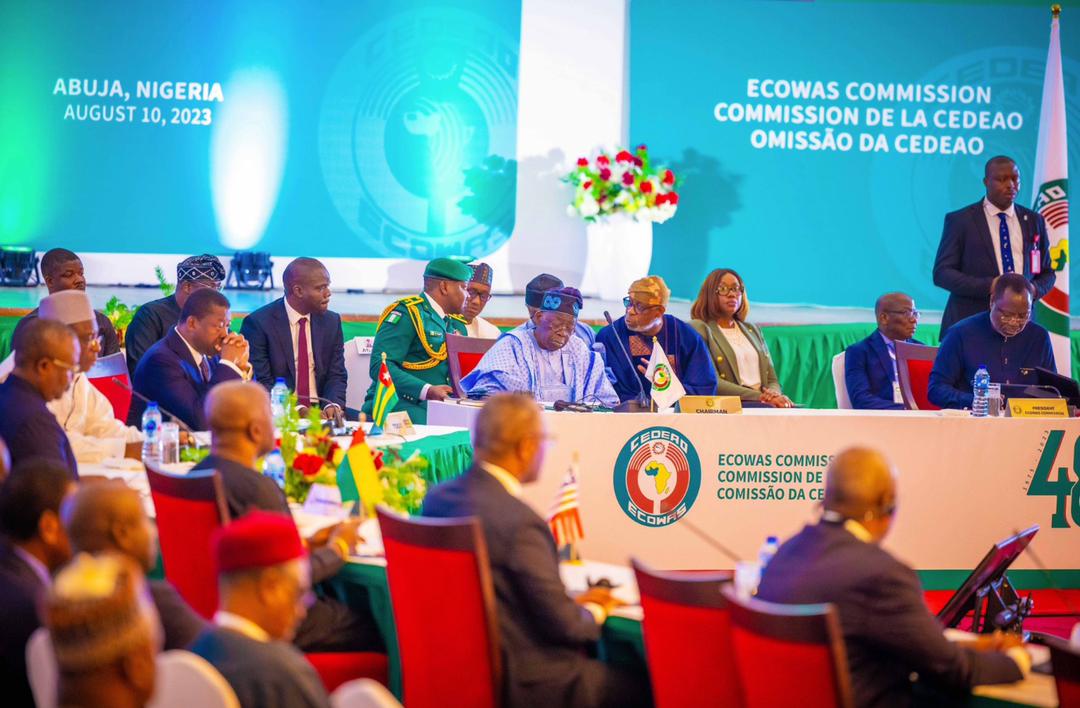In a recent press conference held in Abuja on Friday, April 19th, 2024, the Economic Community of West African States (ECOWAS) announced a significant move towards addressing humanitarian needs within the region.
Professor Fatou Sow Sarr, the Commissioner for Human Development and Social Affairs, unveiled that ECOWAS has disbursed $9 million for various humanitarian activities across all 15 member countries.
The allocation aims to support internally displaced persons, refugees, asylum seekers, and the communities hosting them. Additionally, $1 million has been earmarked specifically for stabilisation efforts in Nigeria, focusing on victims of terrorism, displaced individuals, rehabilitation, and bolstering community resilience.
Furthermore, out of a $25 million fund designated for counterterrorism initiatives in Nigeria, Burkina Faso, Mali, and Niger, ECOWAS has reserved $4 million for humanitarian actions.
Commissioner Sarr emphasised ECOWAS’s commitment to prevention, highlighting the bloc’s disaster reduction strategy and tools to monitor displaced populations and anticipate crises effectively. She underscored that ECOWAS’s humanitarian efforts remain steadfast even in challenging circumstances, such as sanctions.
Despite sanctions imposed on Guinea, ECOWAS provided nearly $600,000 in January 2024, including funds for fire damage at an oil depot and flood relief efforts.
In the realm of science education, ECOWAS continues to prioritise youth development. Commissioner Sarr revealed that ECOWAS has facilitated opportunities for young people, including sending 42 individuals for master’s degrees in diplomacy and international relations in Spain since 2019.
Moreover, through the Research and Innovation Support Programme (PARI) from 2018 to 2024, over 30 young people have been trained at the master’s and PhD levels, thanks to funding provided to research consortia.
Looking ahead, ECOWAS plans to host a Youth Forum in the coming months. This forum will serve as a platform to assess the current socio-economic landscape, identify challenges, and engage youth from diverse backgrounds across member countries.
The insights gathered from these consultations will inform ECOWAS’s policy, strategy, and roadmap for the future.



